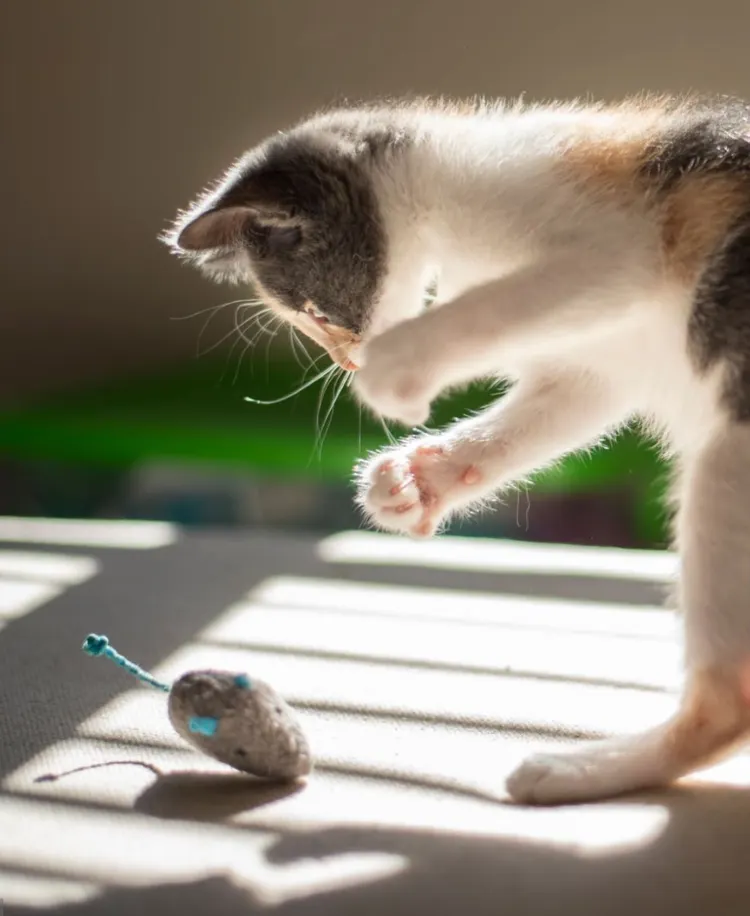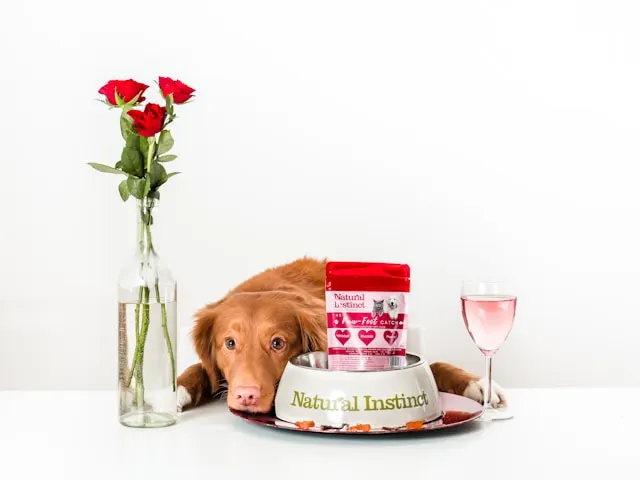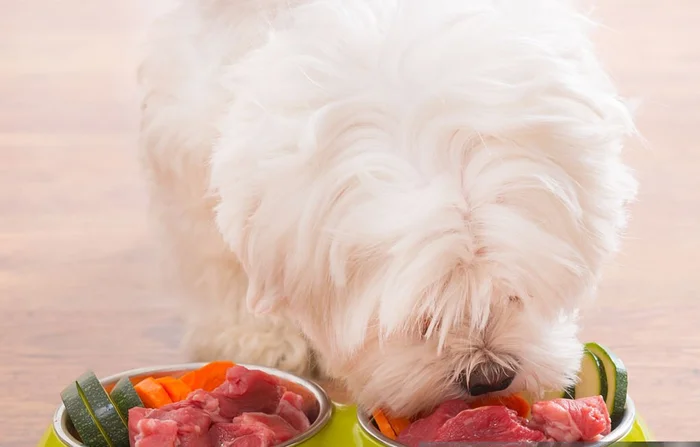Do you have a feline companion who loves to chase mice? These natural-born hunters, also known as mouser cats, have been relied upon for centuries to control pests in homes, farms, and even ships. While mouser cats thrive on their hunting instincts, they also need a well-rounded diet to maintain peak health and energy levels. Let’s explore how you can fuel your mouser cat with eco-friendly, nutritious food that supports their natural instincts while ensuring they stay healthy—all while sticking to sustainable and environmentally conscious principles.
What Is a Mouser Cat?
A mouser cat is a feline that is naturally inclined to hunt and catch small animals, particularly rodents like mice and rats. These cats have been valued for their pest-control abilities for thousands of years, from ancient civilizations to modern-day households and farms. Historically, they have helped protect grain stores and homes from rodent infestations.
Mouser cats have a few distinctive traits:
- Natural Hunting Instincts: Their keen senses and quick reflexes make them excellent hunters. They often exhibit “stalking” behaviors and enjoy playing with prey.
- High Energy Levels: Due to their active lifestyle, mouser cats require more energy and nutrition than typical housecats.
- Famous Mousers: Many well-known mousers have left their mark in history. For instance, Tibbles, a mouser aboard the lighthouse on Stephens Island, became infamous for his hunting prowess, as did Trim, a ship cat on board HMS Bounty.
Why Diet Matters for Mouser Cats
Though your mouser cat may catch prey, that doesn’t mean they’re getting all the necessary nutrients from their hunting. In fact, supplementing their diet with high-quality, balanced food is essential to their overall well-being. Just like human athletes, active cats need the right nutrition to stay in shape, maintain energy, and recover from their vigorous activities.
Key Nutritional Needs for Mouser Cats:
- Protein: Cats are obligate carnivores, meaning their bodies rely on protein for energy and overall health. A mouser’s diet should be rich in high-quality animal proteins, such as chicken, turkey, or fish.
- Taurine: An essential amino acid for cats, taurine is crucial for heart health, vision, and digestion.
- Healthy Fats: Omega-3 and omega-6 fatty acids help maintain a healthy coat, support brain function, and reduce inflammation.
- Vitamins and Minerals: Balanced commercial cat foods often include the right blend of vitamins and minerals, such as calcium, phosphorus, and vitamins A and E, to support overall health.
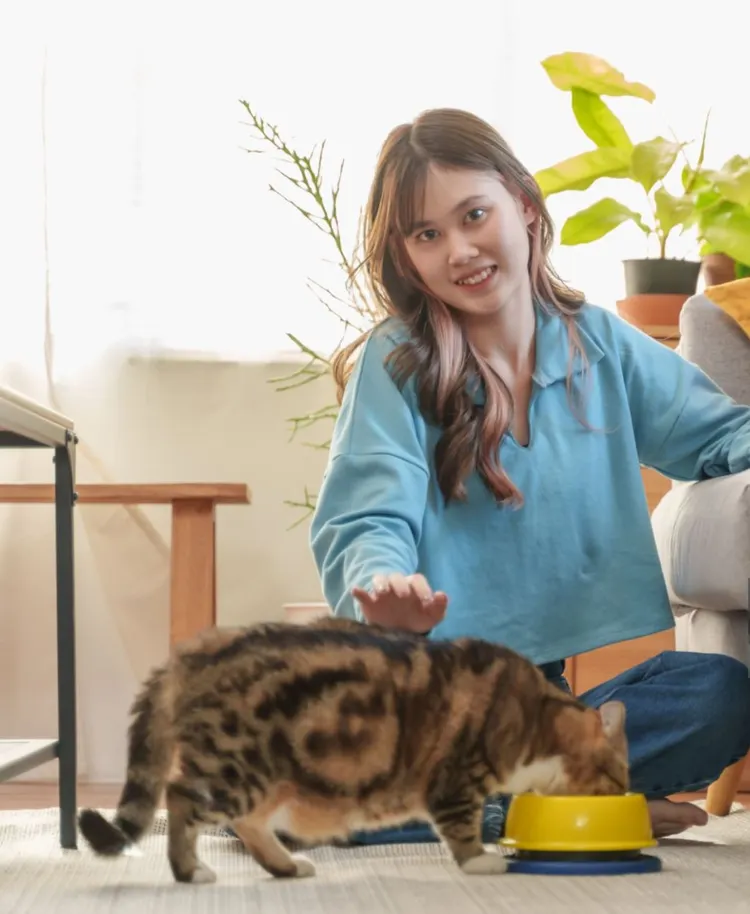
Top Commercial Mouser Cat Food Options
When looking for commercial cat food, eco-conscious cat owners can choose products that not only meet their cat’s nutritional needs but also align with their sustainability goals. Many brands now offer cat food made from sustainably sourced ingredients and packaged in environmentally friendly materials. Here are a few options:
- Open Farm Cat Food: Known for their ethically sourced meat and sustainable farming practices, Open Farm offers grain-free, high-protein formulas that are great for mouser cats.
- Ziwi Peak Air-Dried Cat Food: This brand uses sustainably sourced meat from New Zealand and offers air-dried formulas that provide high levels of protein and nutrients without fillers or artificial ingredients.
- The Honest Kitchen: Offering human-grade, dehydrated cat food made from organic, non-GMO ingredients, The Honest Kitchen is an eco-friendly option that supports healthy feline diets.
- Nutrish Peak: Developed by celebrity chef Rachael Ray, Nutrish Peak offers high-protein, grain-free cat food that uses responsibly sourced ingredients and eco-conscious packaging.
When choosing cat food, look for brands that prioritize:
- Sustainably sourced ingredients: Meat sourced from humane farms that avoid harmful environmental practices.
- Minimal processing: Foods that are closer to their natural state tend to be more nutritious and have a lower environmental footprint.
- Eco-friendly packaging: Opt for brands that use recyclable or compostable materials to reduce waste.
Homemade Cat Food for Mousers
For those who want to take eco-friendly feeding a step further, making your own cat food at home can be a sustainable and cost-effective option. Homemade meals allow you to control the ingredients and avoid unnecessary additives, providing your mouser with a nutrient-packed diet that’s tailored to their specific needs.
Basic Recipe for Homemade Mouser Cat Food:
- Ingredients:
- 2 lbs of organic chicken or turkey (including liver and heart for taurine)
- 2 eggs (including shell for calcium)
- 1/2 cup of pureed carrots or peas (optional for added vitamins)
- 2 tablespoons of fish oil (for omega-3 fatty acids)
- Instructions:
- Cook the meat thoroughly and chop it into small, manageable pieces.
- Boil the eggs and crush the shells into a fine powder (cats need calcium from the shells).
- Mix the eggs, meat, vegetables, and fish oil together until fully blended.
- Divide the mixture into portion-sized containers and refrigerate for up to three days, or freeze for later use.
Using organic, locally sourced ingredients will reduce your cat’s carbon pawprint and ensure they’re getting the best possible nutrition.
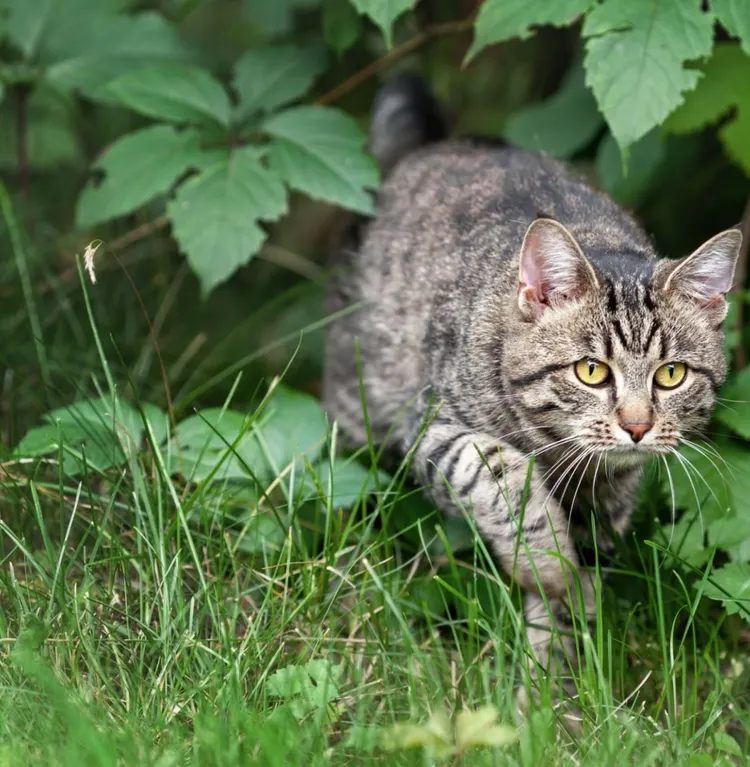
Maintaining a Healthy Balance Between Hunting and Nutrition
Even though mouser cats are skilled hunters, it’s important not to rely solely on their prey as their main food source. Hunting mice or small animals may provide some extra protein, but it doesn’t offer a balanced diet, and wild prey may expose your cat to parasites or toxins.
Balancing Hunting and Feeding:
- Supplemental Feeding: Always offer commercial or homemade food as the main source of nutrition, and let hunting be a supplemental activity that satisfies their instincts.
- Feeding Schedule: Feed your cat at regular intervals throughout the day, but allow them some outdoor time to exercise their hunting skills safely.
Eco-Friendly Feeding Practices
Finally, consider these eco-conscious feeding tips to keep your mouser cat healthy while minimizing your environmental impact:
- Biodegradable Bowls: Opt for feeding bowls made from bamboo or stainless steel, which are sustainable and durable alternatives to plastic.
- Buy in Bulk: Purchasing cat food in larger quantities reduces packaging waste and often comes in eco-friendly bulk packaging.
- Eco-Friendly Litter: Switch to biodegradable, compostable cat litter made from recycled materials like paper or wood chips to minimize waste.
Conclusion
Supporting your mouser cat’s natural instincts while ensuring they get the proper nutrition doesn’t have to come at the expense of the environment. By choosing eco-friendly commercial cat foods, making homemade meals with sustainable ingredients, and adopting green feeding practices, you can ensure your mouser stays healthy and happy while reducing their carbon pawprint. With the right balance of protein and nutrition, your cat can continue doing what they do best—keeping your home pest-free and enjoying their natural role as a skilled hunter.

